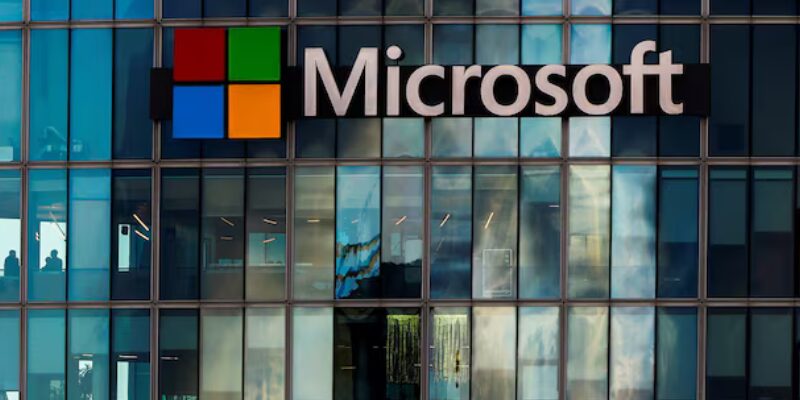Microsoft is creating its own AI reasoning models, which it may then offer to developers, according to a source who spoke to The Information on Friday.
TakeAway Points:
- Microsoft is developing in-house artificial intelligence reasoning models to compete with OpenAI and may sell them to developers, The Information reported on Friday, citing a person involved in this initiative.
- The report said that the company is considering releasing the MAI models later this year as an application programming interface, which will allow outside developers to weave these models into their own apps.
- Indonesia has awarded local content certificates for 20 Apple goods, including the iPhone 16, an industry ministry official said on Friday, although the company still needs approvals from other ministries before it can sell the phones.
Microsoft’s AI reasoning models
The Redmond, Washington-based company, a major backer of OpenAI, has begun testing out models from xAI, Meta and DeepSeek as potential OpenAI replacements in Copilot, according to the report.
Microsoft has been looking to reduce its dependence on the ChatGPT maker, even as its early partnership with the startup put it in a leadership position among Big Tech peers in the lucrative AI race.
Reuters reported exclusively in December that the company has been working on adding internal and third-party AI models to power its flagship AI product Microsoft 365 Copilot to diversify from the current underlying technology from OpenAI and reduce costs.
When Microsoft announced 365 Copilot in 2023, a major selling point was that it used OpenAI’s GPT-4 model.
According to The Information report, Microsoft’s AI division, led by Mustafa Suleyman, has completed the training of a family of models, internally referred to as MAI, which perform nearly as well as the leading models from OpenAI and Anthropic on commonly accepted benchmarks.
The team is also training reasoning models, which use chain-of-thought techniques — a reasoning process that generates answers with intermediate reasoning abilities when solving complex problems — that could compete directly with OpenAI’s, the report said.
Suleyman’s team is already experimenting with swapping out the MAI models, far larger than an earlier family of Microsoft models called Phi, for OpenAI’s models in Copilot, the report said.
The company is considering releasing the MAI models later this year as an application programming interface, which will allow outside developers to weave these models into their own apps, the report said.
Apple gets local content certificates in Indonesia
Indonesia has issued local content certificates for 20 Apple products, including the iPhone 16, an industry ministry spokesperson said on Friday, although the company still needs permits from other ministries before it can sell the phones.
Apple was granted certificates for 11 phone models and 9 tablets because it had met the requirements, ministry spokesperson Febri Hendri Antoni Arief said.
The issuing of the certificates follows last month’s announcement of more than $300 million investments by Apple in Indonesia, including on plants making components for its products and a research and development centre.
Indonesia banned iPhone 16 sales last year due to Apple’s failure to meet requirements on locally-made components.
Apple was granted certificates for 11 phone models and 9 tablets because it had met the requirements, ministry spokesperson Febri Hendri Antoni Arief said.
The company now needs permits from the communications and digital ministry and the trade ministry to be able to sell its products in the country, Febri added.
Apple, Indonesia’s communications ministry, and the trade ministry did not immediately respond to a request for comment.
Indonesia’s industry minister had said the months-long negotiations with Apple had been “tricky.”
Apple was outside the top five smartphone brands in Indonesia in the third quarter of last year, according to research firm Canalyst.

































